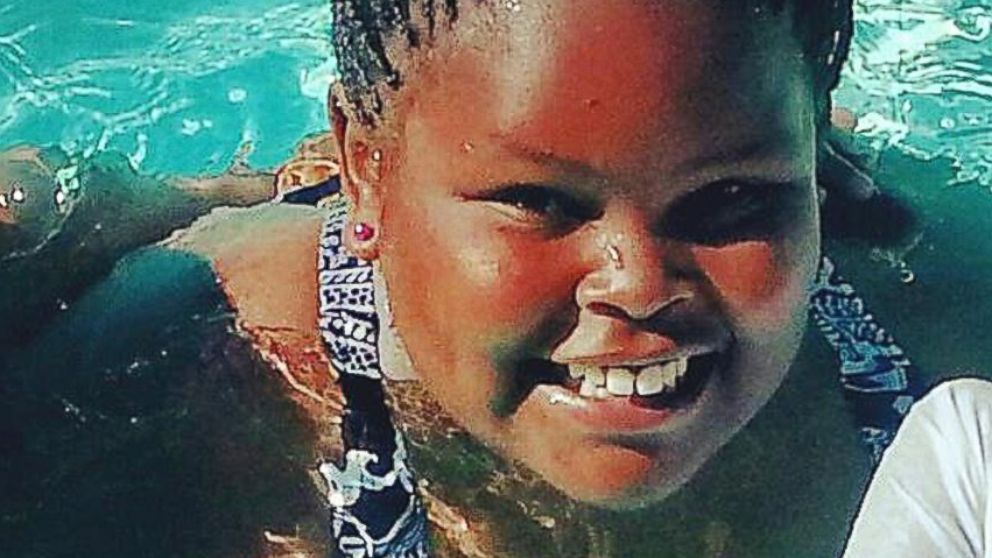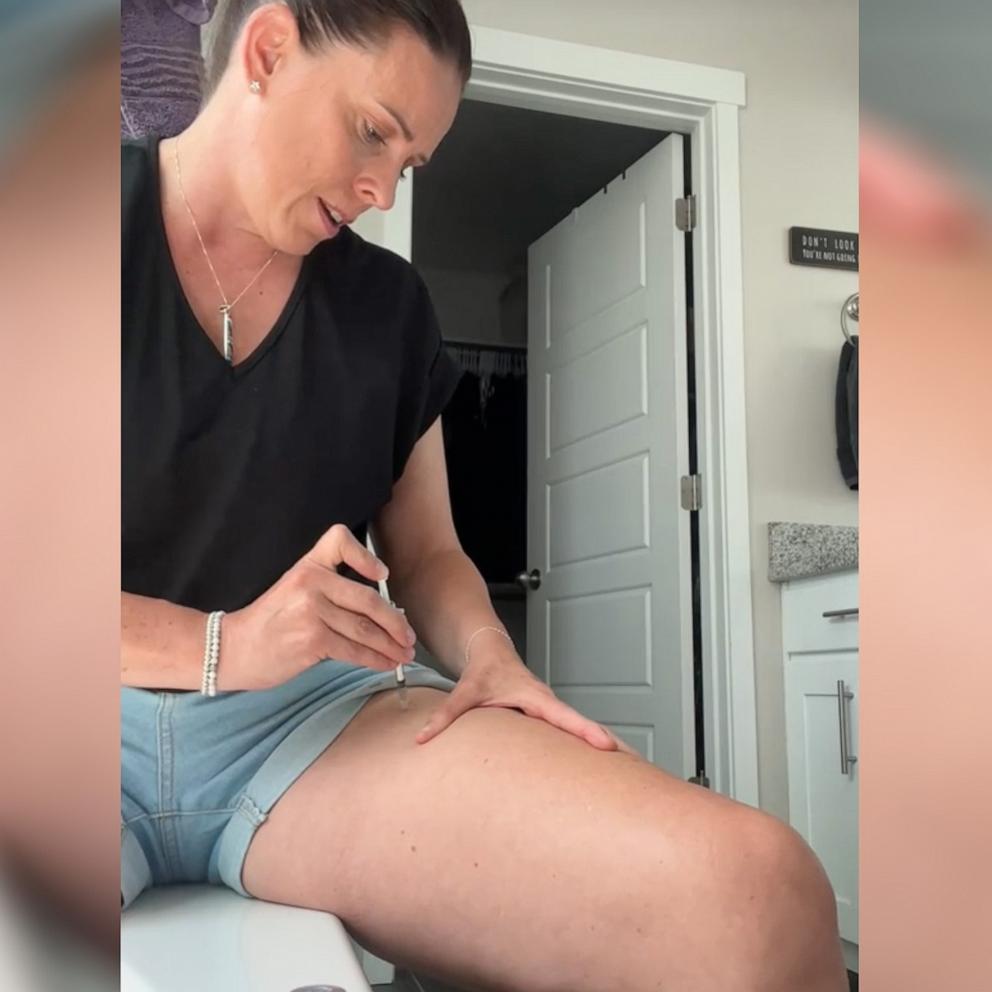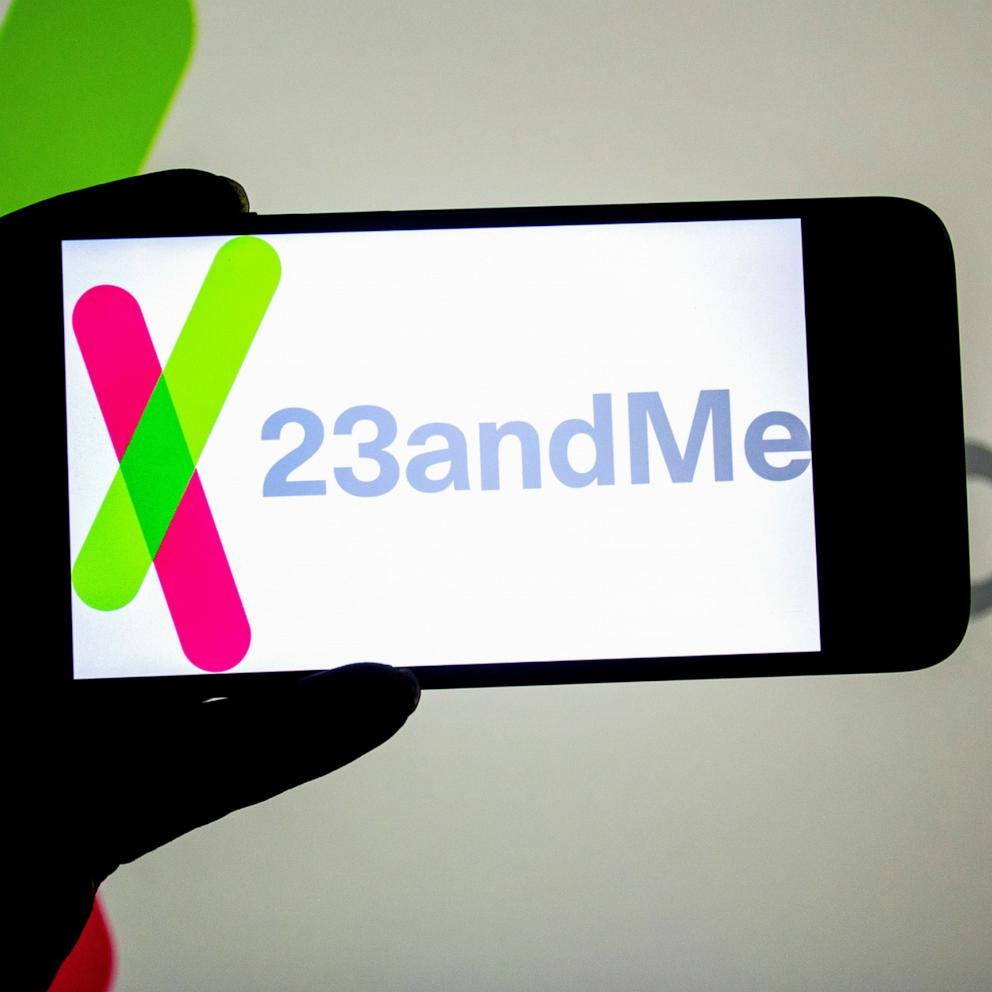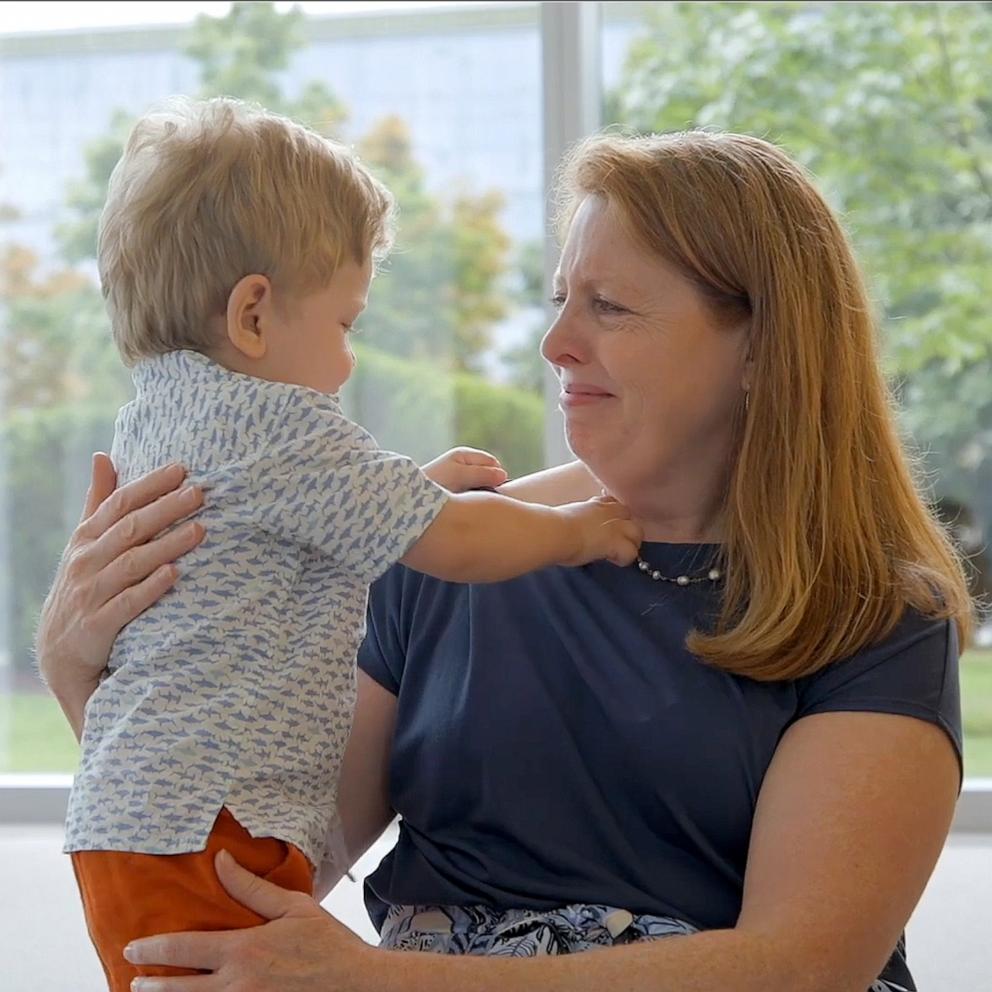Why Jahi McMath's Mom Is Sure Her Daughter Isn't Brain Dead
— -- Nailah Winkfield said she will never forget giving her teenage daughter permission to die as she lay motionless and on a ventilator.
Months earlier, Jahi McMath, then 13, had been declared brain dead and become a household name as a legal battle to take her off life support was splashed across headlines nationwide. Winkfield and her family won the battle and moved Jahi from California to a long-term care facility in New Jersey, but on this particular day, Winkfield didn't think her daughter wanted to hold on any longer, she said.
"You have my permission to go. I don't want you here if you're suffering," Winkfield recalled telling Jahi, her voice breaking. "If you can hear me and you want to live, move your right hand."
To Winkfield's shock, Jahi obeyed, she said. So Winkfield asked her to move her left hand. She did that, too, Winkfield said.
"That was the first time I knew that she could hear me," Winkfield said. "It took me to cry for her to move."
Doctors at Benioff Children's Hospital in Oakland, California, declared Jahi brain dead after what was supposed to be a routine tonsil surgery led to cardiac arrest on Dec. 9, 2013. But Winkfield said she and her family didn't believe it. Attorney Christopher Dolan took on the case and helped them fight to keep her on a ventilator until she could be moved to New Jersey, where state law allows religious objection to brain death.
Retired UCLA pediatric neurology professor Dr. Alan Shewmon wrote an official declaration this fall that although he hadn't personally examined Jahi, the videos and what he understands from others who examined her "leave no doubt that Jahi is conscious, and can not only hear but can even understand simple verbal requests ... and make appropriate motor responses."
He said the nursing records, her MRI brain scan results and other records indicate that she is "not currently brain dead," though he doesn't blame the doctors last winter for misdiagnosing her as such.
"She is an extremely disabled but very much alive teenage girl," Shewman wrote in an Oct. 3 court document.
Shewmon has published studies examining and questioning brain death for more than a decade. In his declaration, he referenced speaking to two other experts who witnessed Jahi's motor functions: Cuban neurologist Dr. Calixto Machado and Philip Defina, CEO of the International Brain Research Foundation, Inc.
Winkfield left her job in California and moved from across the country in the middle of winter last year with nothing but a knapsack, Dolan said. She even spent some time homeless.
Doctors had told Winkfield that Jahi's brain would liquefy and she would start to look different as her body shut down, but none of that has happened, Winkfield said.
Jahi has been out of the long-term care facility since August, and she has been moved to Winkfield's new New Jersey home, where she gets 24-hour nursing care.
But Winkfield said she makes sure to be the person who gives Jahi a bath, talks to her, reads to her and plays her favorite music to her. Every two weeks, she does Jahi's hair. Every week, she gives her a manicure. This week it's a purple French manicure.
"I talk to her like I would talk to anybody," Winkfield said, adding that Jahi can now respond by giving a thumbs up.
Winkfield said she's reached puberty over the last year, and has had two menstrual cycles -- something Dolan said can only happen to someone with a functioning brain.
The next step will be getting Jahi's California death certificate reversed so she can move back home and get disability benefits in California, Dolan said. Experts have already testified on her behalf, he said.
The family has posted YouTube videos of Jahi moving her hand and foot seemingly on command.
Dr. Wei Xiong, a neurologist at University Hospitals Case Medical Center in Ohio who has not treated Jahi, said it's not clear from the videos whether Jahi is responding to instructions or whether she is "posturing" -- which happens to brain dead patients when their spinal cords prompt limb movement after their brains have relinquished control. He said the hand movement was especially interesting because it was a "complex" motion.
"That would make it somewhat unusual in someone who is brain dead," he said. However, a complex movement in someone who is brain dead is "not completely out of the question," he noted.
For Christmas, Winkfield won't be able to be with her husband or other children because she needs to stay where she is and can't afford to fly them across the country. But she said she'll still cook and buy Jahi presents like a new night gown, lip gloss and some socks.




